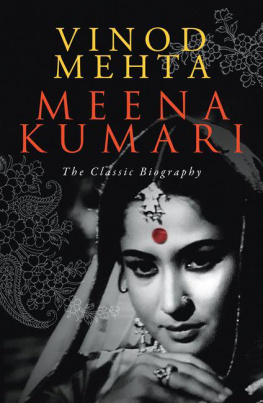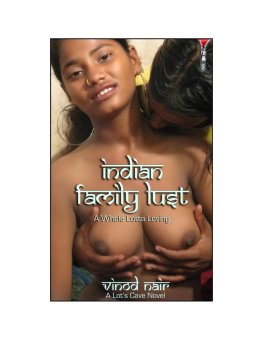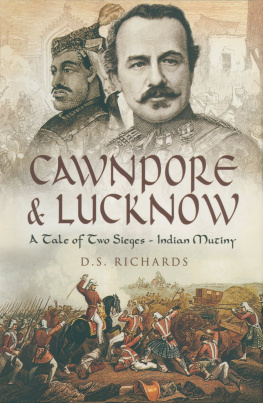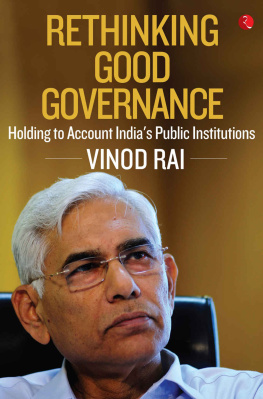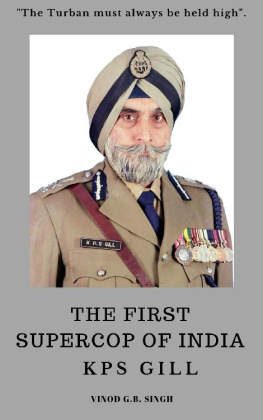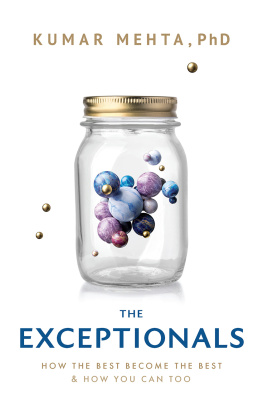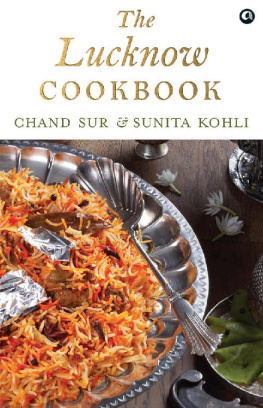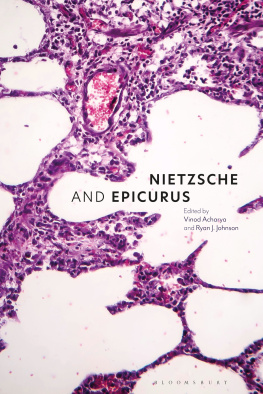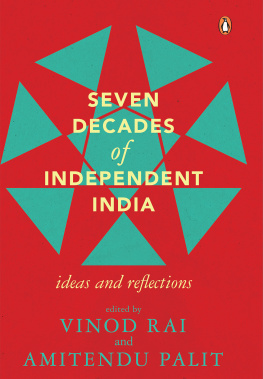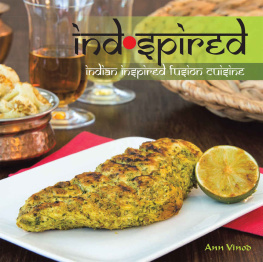Vinod Mehta - Lucknow Boy: A Memoir
Here you can read online Vinod Mehta - Lucknow Boy: A Memoir full text of the book (entire story) in english for free. Download pdf and epub, get meaning, cover and reviews about this ebook. year: 2011, publisher: Penguin, genre: Detective and thriller. Description of the work, (preface) as well as reviews are available. Best literature library LitArk.com created for fans of good reading and offers a wide selection of genres:
Romance novel
Science fiction
Adventure
Detective
Science
History
Home and family
Prose
Art
Politics
Computer
Non-fiction
Religion
Business
Children
Humor
Choose a favorite category and find really read worthwhile books. Enjoy immersion in the world of imagination, feel the emotions of the characters or learn something new for yourself, make an fascinating discovery.

- Book:Lucknow Boy: A Memoir
- Author:
- Publisher:Penguin
- Genre:
- Year:2011
- Rating:3 / 5
- Favourites:Add to favourites
- Your mark:
- 60
- 1
- 2
- 3
- 4
- 5
Lucknow Boy: A Memoir: summary, description and annotation
We offer to read an annotation, description, summary or preface (depends on what the author of the book "Lucknow Boy: A Memoir" wrote himself). If you haven't found the necessary information about the book — write in the comments, we will try to find it.
Lucknow Boy: A Memoir — read online for free the complete book (whole text) full work
Below is the text of the book, divided by pages. System saving the place of the last page read, allows you to conveniently read the book "Lucknow Boy: A Memoir" online for free, without having to search again every time where you left off. Put a bookmark, and you can go to the page where you finished reading at any time.
Font size:
Interval:
Bookmark:

A MEMOIR

For Rajan Raheja, the prince of proprietors
An autobiography is only to be trusted when it reveals something disgraceful.
George Orwell
But I, being poor, have only my dreams;
I have spread my dreams under your feet;
Tread softly, because you tread on my dreams.
W.B. Yeats
I did not emerge from my mothers womb making existential noises like Who am I? or Why am I here? Nevertheless, from the start of my thinking period, which begins in CE 1974 (my Debonair days), I have wrestled with and not yet resolved the question that I believe is at the core of any living souls life: What kind of person do I wish to be? If one is lucky, one may have a religious or political text as a guide, which solves the difficulty rather easily. However, supposing, as in my case, you have no such opium handy? Where do you look?
Since the saint or sinner berths were unavailableI was too interested in the pleasures of the flesh for the former and too burdened by the weight of a small conscience for the latterI had to chart an individual course. I had to frame a set of personal ten commandments, draw my own Lakshmanrekha.
Role models presented a problem. Excluding Gandhi and Attila the Hun, I needed to find a place in between. In the grey areas. Graham Greene was drawn to priests who went to brothels and communists who went to mass. Both, according to him, answered their calling adequately. The Nelson Mandelas, Mother Teresas, Jawaharlal Nehrus, Willy Brandts, Swami Vivekanandas, Bertrand Russells, I admired in bits and pieces. All of them had random shortcomings. Thus, while I could borrow from here and there, I realized I had to become my own role model. Before a shoe is thrown at me, let me quickly add that I started with no exaggerated notions of selfhood. Actually, I set the bar pretty low.
Decent may seem a prosaic, unexacting word. However, when I first heard it in relation to an individual, I instantly fell for it. First of all, given my human failings, it was attainable, and second, I liked the baggage that went with it. Whether history remembers me as a footnote or not, I have till 2011 sought, pursued, struggled and aspired to be a decent human being. If my friends and fans say after I am gone, He was a decent fellow, I would be more than satisfied.
What are the defining features of the decent fellow? The dictionary definition is plebeian even for my taste: is used to describe a person/thing which is considered to be of acceptable quality. Thats really setting the bar low! Shakespeare in Hamlet, perhaps: This above all: to thine own self be true/And it must follow, as the night the day/Thou canst not then be false to any man. Or the American scholar-statesman Adlai Stevenson, It is easier to fight for principles than to live up to them.
In TV debates, which I frequent much too often, I am sickened when I hear a politician or tycoon or editor endlessly spout words like principle, integrity, patriotism, national interest, when most of the country knows that the spouting individual got to where he is by continuously violating what he preaches. If the reader is expecting me to provide any names, I have two excuses. One, the reader probably has his own list. Two, I dont want my memoirs to get locked up in legal hassles.
Self-pity and envy are the villains I have vainly laboured against in my endeavour to be decent. They have stood between failure and success. Envy, let me say straight away, has been infinitely more problematic of the two, although self-pity has also proved to be a formidable foe.
Revenge and envy tend to get inextricably mixed up. Revenge against people who have intentionally harmed you, be they friends, politicians, fellow editors is a huge temptation. Only Jesus could turn the other cheek. Niall Ferguson, the opinionated right-wing historian, recently stated that he never forgives his enemies (generally persons who trash his books), he just waits for the right moment. And then he doesnt just get even, he exacts revenge ten times greater than what was inflicted on him. This type of retribution goes much further than Shylock or Dont get mad, get even. I would be lying if I did not confess to a tiny fondness for Mr Fergusons approach.
I have been an editor for nearly forty years. It would be impossible for me in that time not to have made scores of enemies. And impossible for me not to be convinced (rightly or wrongly) that these adversaries are out to get me.
The only weapon an editor possesses is his publication. These days, when the power of the media is grossly exaggerated, it is akin to holding a ticking nuclear bomb. Some of my fellow editors are using the weapon fairly frequently. I cannot claim never to have used it, or never having been tempted to use it. Butand there is no reason you should believe meIve mostly refrained from actually pressing the button. What has stopped me? Cowardice? Conscience? Professionalism? None of the above? All of the above?
When I am ready to do a Niall Ferguson, I can get pretty close to the deed. Perilously close. I cannot boast of an inner voice or any kind of voice to advise me; but whatever the check, I ask myself one simple question prior to the act: the satisfaction of an eye-for-an-eye notwithstanding, should I settle accounts with my enemy and thereby adopt his or her standards? Should my enemy be my role model in this business of revenge? If I must seek revenge, should it not be on my terms?
My terms, as I have explained, are neither sainted nor irreproachable, but they allow me to sleep peacefully at night.
August 2011
Punjabis have a deserved reputation for being philistines. I cannot avoid the genetic flaw, although I have tried to move towards learning and refinement. So, the reader of this autobiography should not be surprised to learn that no one in my immediate or extended family is a topper or has won the Nobel Prize or even had the benefit of higher education. I was educated up to certain socially acceptable normsliving up to the Tandons as it were!
On my mothers side some serious money had been gathered. Unfortunately, it stayed there. My maternal great-grandfather (Talwar) came from Afghanistan (whether he fled or shifted willingly is unclear) and set up a cloth shop in Rawalpindi in an area which came to be known after him. It acquired the name Talwaron ka Bazaar, and I had the good fortune of strolling through it on a visit to Pakistan. We told the taxi driver to take us to Talwaron ka Bazaar and he seemed to know it. Its name, of course, had been changed but my ancestors name still rang a bell.
The Talwars were merchant-shopkeepers. My great-grandfathers cloth shop acquired some reputation in Rawalpindi. He became quite rich. In the family, however, my great-grandfather is remembered not for the successful business he set up but for his stinging rebuke in broken English to a fussy Englishwoman who examined vast amounts of textiles without making a purchase. Patience exhausted, he told her, Take nai to take nai to agli shop dekh. (Buy or f off would be a loose translation.) In Rawalpindi, word soon spread of how shopkeeper Talwar had snubbed a vilayati memsahiband got away with it. He became a small-time Bhagat Singh.
My father was a native of Peshawar. He claimed he was distantly related to Raja Todar Mal, one of Akbars nine jewels. Daulat Ram Mehta was a simple, decent, unambitious, honest, slightly timid man whom my mother bullied. To say he was henpecked would be an understatement. He was extremely proud to have gone to Danny High School in Peshawar from where he got some formal education. During World War II, he got a short-service commission in the army and briefly saw action in North Africa. I liked him but we were never close. When I got a job as editor of
Font size:
Interval:
Bookmark:
Similar books «Lucknow Boy: A Memoir»
Look at similar books to Lucknow Boy: A Memoir. We have selected literature similar in name and meaning in the hope of providing readers with more options to find new, interesting, not yet read works.
Discussion, reviews of the book Lucknow Boy: A Memoir and just readers' own opinions. Leave your comments, write what you think about the work, its meaning or the main characters. Specify what exactly you liked and what you didn't like, and why you think so.

